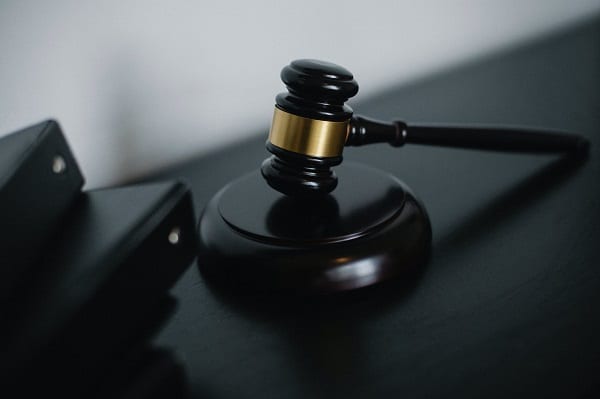BALTIMORE, MD—Maryland Attorney General Brian E. Frosh this week announced an agreement of over $434.5 million between JUUL Labs and 33 states and territories that resolves an investigation into the e-cigarette manufacturer’s marketing and sales practices. In addition to the financial terms, the settlement forces JUUL to comply with a series of injunctive terms restricting its marketing and sales practices. Maryland is to receive at least $13 million from the settlement.
“JUUL’s marketing practices were aimed directly at children, setting them up for a lifetime of addiction,” said Attorney General Frosh. “This settlement will prohibit JUUL from using flavors, cartoons and other marketing tactics that target kids.”
JUUL was, until recently, the dominant player in the vaping market. The attorneys general contend that JUUL rose to this position by willfully engaging in an advertising campaign that appealed to youth, even though its e-cigarettes are both illegal for them to purchase and are unhealthy for youth to use. The attorneys general allege that JUUL relentlessly marketed to underage users with launch parties, advertisements using young and trendy-looking models, social media posts, and free samples. It sold its product in flavors known to be appealing to underage users. The attorneys general further allege that, to preserve its young customer base, JUUL relied on age verification techniques that it knew were ineffective.
The attorneys general allege that JUUL’s original packaging was misleading in that it did not clearly disclose that the product contained nicotine and implied that it contained a lower concentration of nicotine than it did. The attorneys general also allege that consumers were misled to believe that consuming one JUUL pod was the equivalent of smoking one pack of combustible cigarettes. The attorneys general further allege that the company misrepresented that its product was a smoking cessation device when it lacked FDA approval to make such claims.
The settlement will be paid out over a period of five to nine years, with the amounts paid increasing the longer the company takes to make the payments. If JUUL chooses to extend the payment period up to nine years, the final settlement would reach over $472.5 million.
As part of the settlement, JUUL has agreed to refrain from:
- Youth marketing;
- Operating or directly funding youth education programs;
- Depicting persons under age 35 in any marketing;
- Using cartoons in any marketing;
- Selling flavors not approved by the FDA;
- Comparing the amount of nicotine in its products with other e-cigarettes or cigarettes in its advertising
- unless authorized by the FDA;
- Making statements about nicotine content in marketing materials without disclosing the specific nicotine
- content of the product, unless the FDA requires a different disclosure;
- Advertising on billboards;
- Using outdoor advertising near a school;
- Using paid influencers to promote on any social media platform; and
- Using direct-to-consumer ads unless consumers are age-verified.
Also, as part of the settlement, JUUL has agreed to refrain from the following conduct for six years:
- Using paid product placement intended for the public, unless the audience is within an adult-only facility;
- Selling brand name merchandise;
- Allowing access to websites without age verification on the landing page;
- Utilizing paid sponsorships for use of its brand name outside of adult-only facilities;
- Advertising in outlets unless at least 85 percent of the audience is adult;
- Public transportation advertising;
- Social media advertising (other than testimonials by individuals over the age of 35 on certain channels, with no unauthorized health claims); and
- Providing free samples.
The agreement also includes sales and distribution restrictions, including where the product may be displayed/accessed in stores, online sales limits, retail sales limits, age verification on all sales, and a retail compliance check protocol.
Photo by Sora Shimazaki from Pexels


